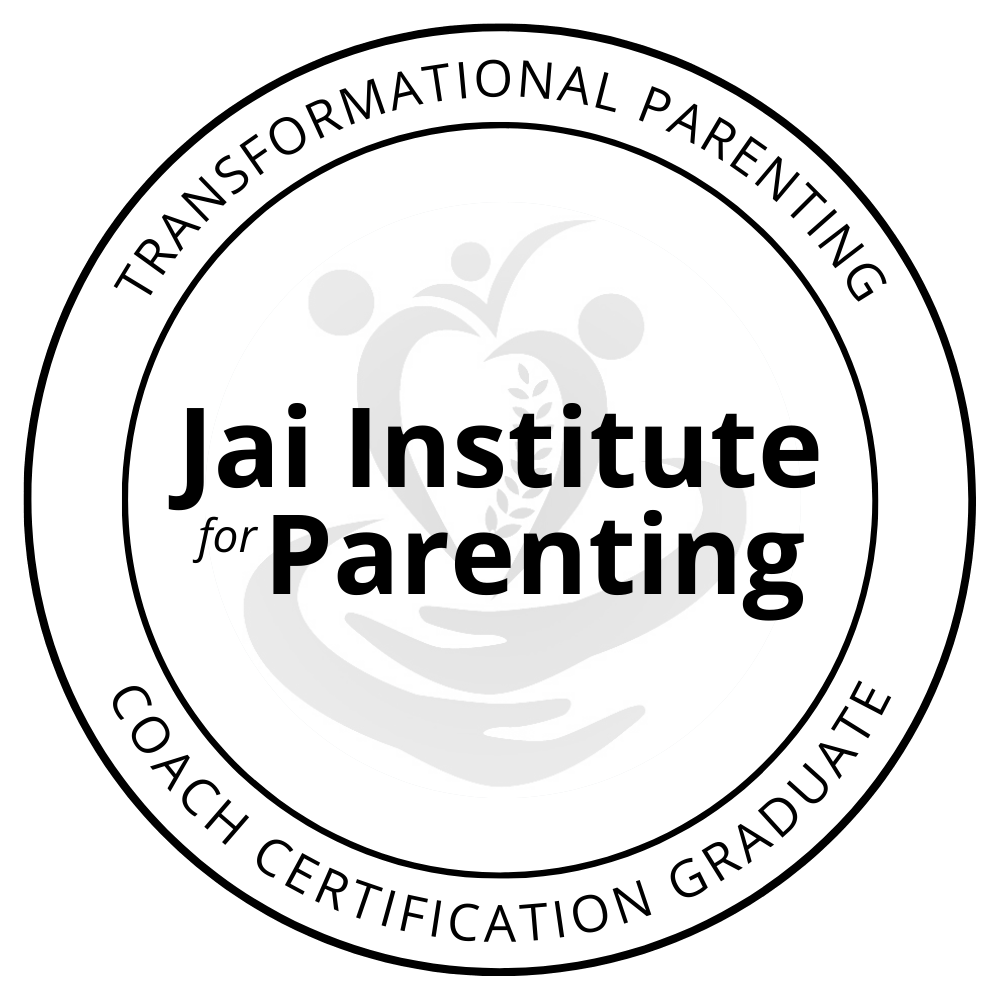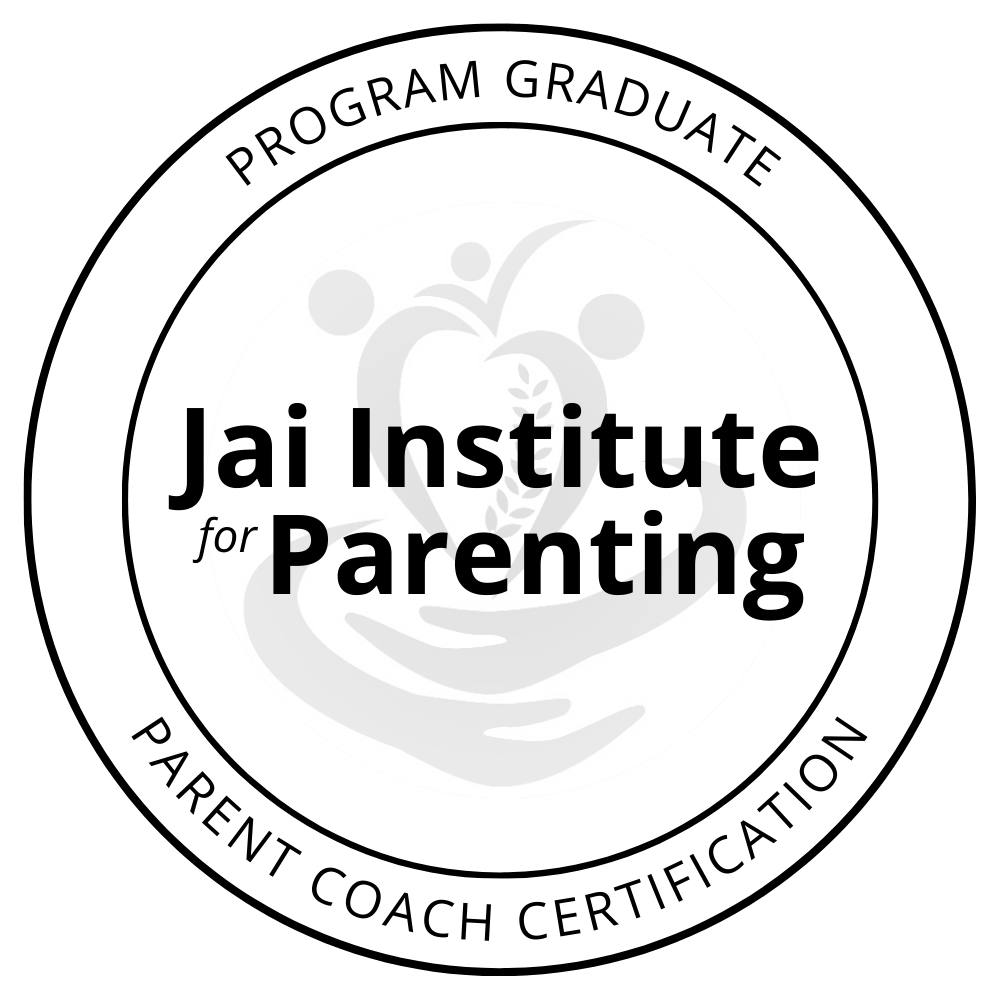Why I Choose Connection Over Punishments, Unrelated Consequences, and Bribes
Punishments, unrelated consequences, and bribes may work but at what cost?
In the journey of parenting, we often find ourselves at crossroads when it comes to disciplining our children. Traditional methods such as punishments, unrelated consequences, and bribes have long been employed to shape behavior, but are they truly effective in nurturing our children's growth? I believe that there is a more authentic and meaningful way to guide our children towards becoming responsible and empathetic individuals. In this blog post, I'll share my perspective on why I've chosen to veer away from punishments, unrelated consequences, and bribes in favor of building a foundation of connection.
1. Fostering a Trusting Relationship
At the heart of my approach lies the desire to build a strong and trusting relationship with my children. Punishments, unrelated consequences, and bribes may offer temporary compliance, but they often erode the trust between parent and child. When a child fears punishment or seeks rewards, they might hide their mistakes or true feelings out of fear, hindering open communication. By opting for a different approach, I prioritize open dialogue and connection, which leads to a deeper understanding of their emotions, thoughts, and actions.
2. Encouraging Intrinsic Motivation
Traditional methods tend to focus on extrinsic motivation – using rewards and punishments to influence behavior. However, this can hinder the development of a child's intrinsic motivation, which is crucial for long-term personal growth. Instead of relying on bribes or unrelated consequences, I aim to nurture a child's natural curiosity and desire to learn. By allowing them to explore their interests and passions without external pressures, I empower them to make choices driven by their genuine interests, ultimately fostering a lifelong love for learning.
3. Teaching Responsibility Through Natural Consequences
Rather than enforcing unrelated consequences, I believe in allowing natural consequences to teach valuable life lessons. Shielding our children from every mistake prevents them from learning about the real-world outcomes of their actions. Instead of stepping in with unrelated punishments, I let natural consequences unfold within safe boundaries. This approach helps children grasp the cause-and-effect relationships that govern their choices, promoting responsibility and critical thinking.
4. Nurturing Empathy and Problem-Solving Skills
Punishments often fail to address the underlying reasons for misbehavior, missing a crucial opportunity for growth. I prefer to use challenges as opportunities for teaching empathy and problem-solving. When conflicts arise, I engage my children in discussions that encourage them to see situations from different perspectives. This approach not only helps them understand the feelings of others but also equips them with essential conflict resolution skills that will serve them throughout their lives.
5. Long-Term Character Development
Raising children is a journey that spans far beyond their childhood years. Instead of focusing solely on short-term compliance, I emphasize the importance of character development. By not relying on punishments, unrelated consequences, or bribes, I can guide my children towards becoming resilient, compassionate, and responsible individuals who make thoughtful choices even when no one is watching.
In a world where quick fixes and shortcuts are often favored, my decision to step away from punishments, unrelated consequences, and bribes might seem unconventional. However, I firmly believe that the path of connection, empathy, and intrinsic motivation leads to more authentic and lasting results in raising our children. By fostering open communication, encouraging intrinsic motivation, allowing natural consequences, nurturing empathy, and prioritizing character development, I am confident that I am laying the groundwork for a future where my children can thrive as confident, responsible, and empathetic individuals.





